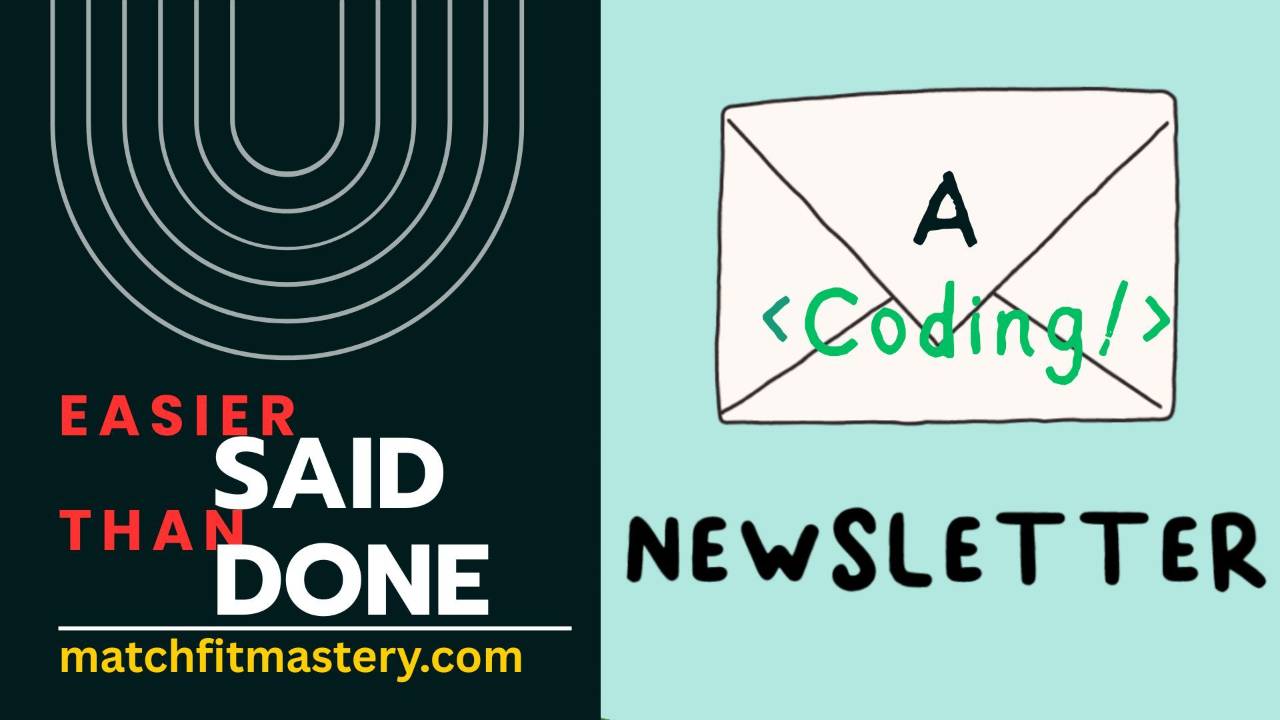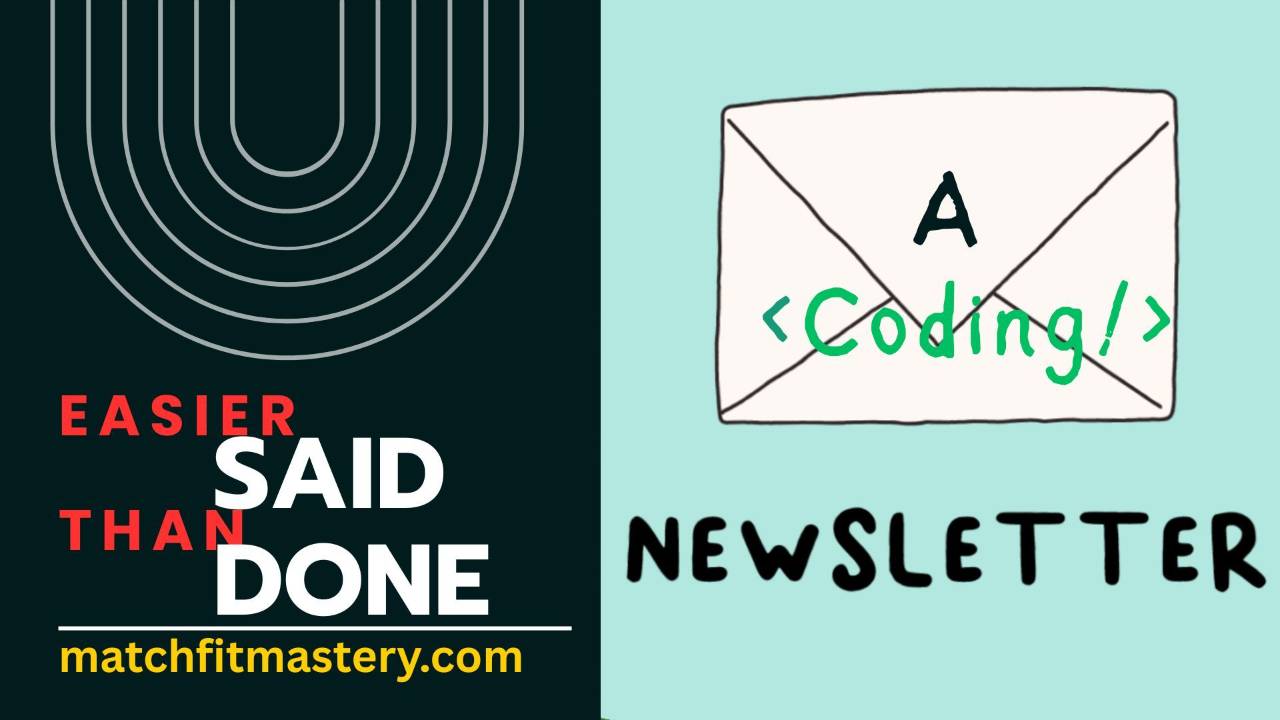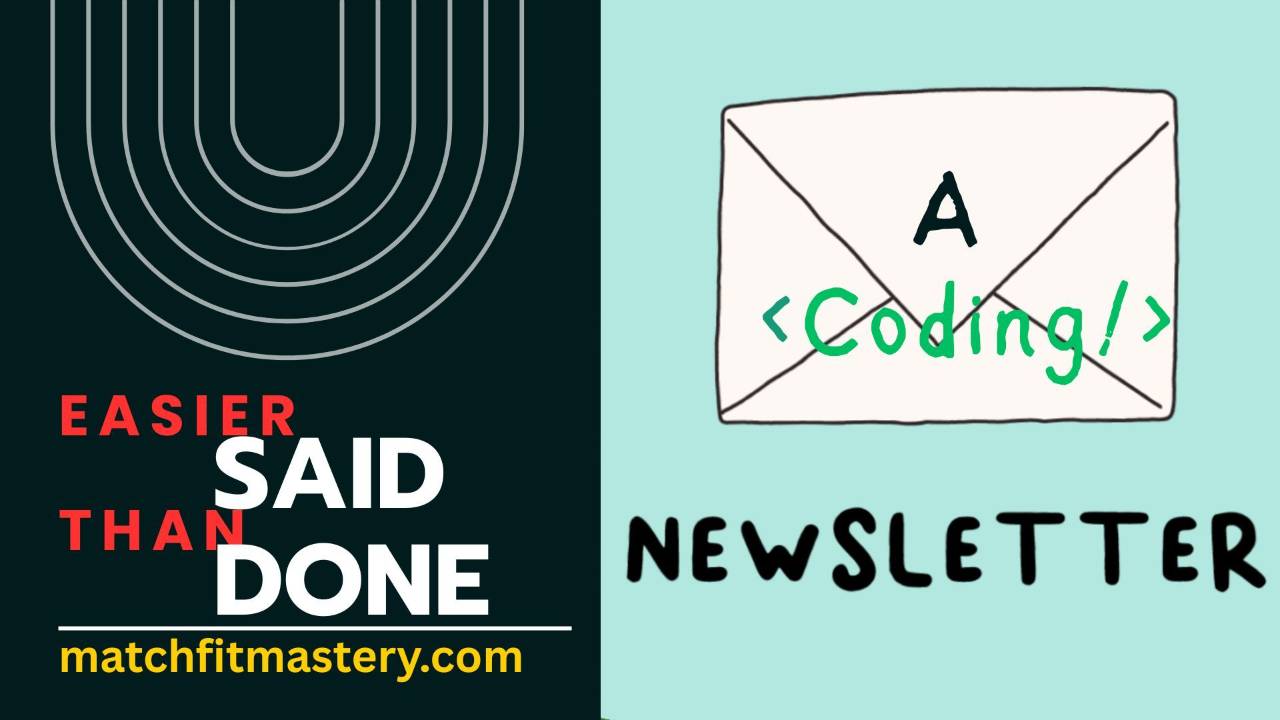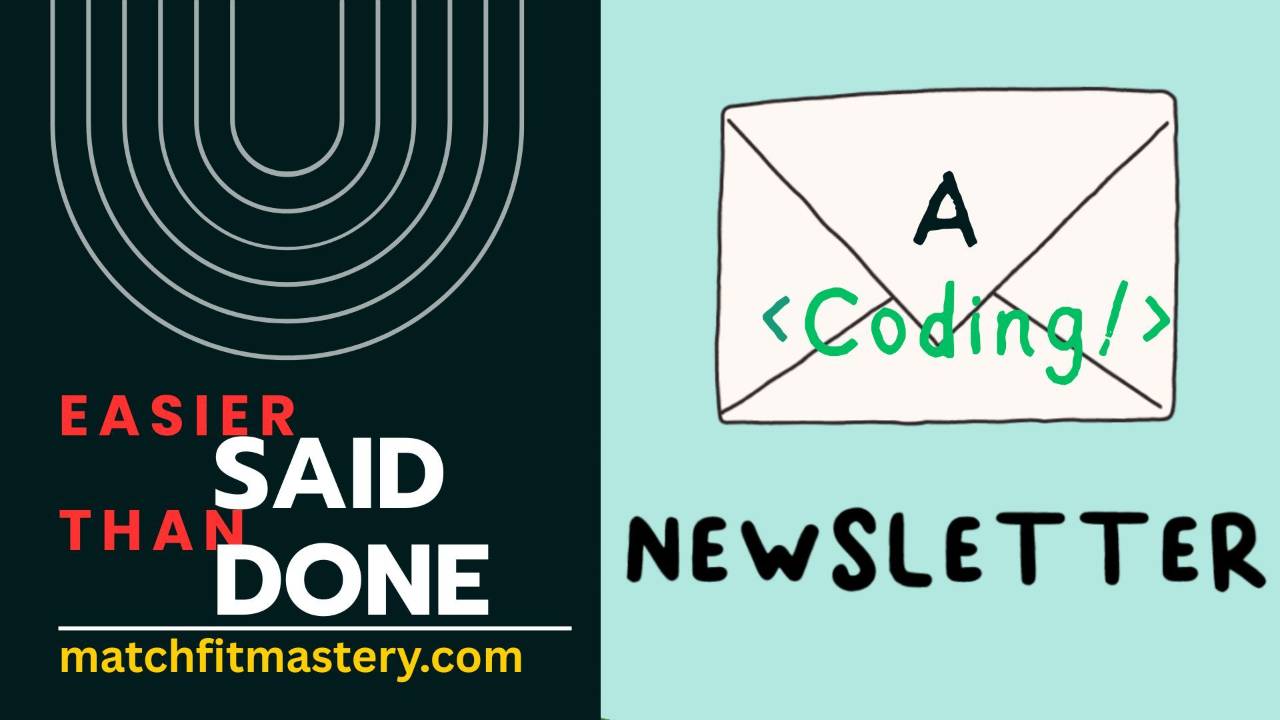You're Learning to Code All Wrong: Why Hard Work Doesn't Guarantee Success
Have you ever wondered why so many hard-working, focused, and committed people still fail to get their dream job as a professional software engineer?
The worst explanation is luck. Because that means you might as well just give up and wait to get lucky.
The best answer? They knew what to do. Because everything is easier when you know how.
If you’re reading this, then you've been trying to make this change because you have a dream: you want the creativity, growth, opportunity, and earning potential that a tech career offers.
And so you've been doing everything right: putting in the hours, staying focused, building portfolio apps, learning new languages and frameworks, polishing and re-polishing your resume…
And yet…you’re here. Reading this. Frustrating.
So why are you still not getting anywhere?
You’ve been trapped by a simple, but brutal, principle of physics.
It doesn't matter how fast or how hard you work if you’re moving in the wrong direction.
The old way of learning sets you up for failure by focusing on endless, directionless motion.
It didn’t matter in 2013 because any coding skill was enough to get people in the door – after all, that was the era of the mobile app and startup craze.
Remember “there should be an app for this”? When was the last time you heard that?
But here’s the problem. It’s a gnarly one, and it cost me 5 years.
Your motivation is a multiplier. It doesn’t care about right or wrong. It’s just raw fuel.
And if the plan is wrong?
It just makes you fail a lot for a long period of time.
And that messes with your confidence BIG time.
So let’s bust some myths. And damn, I really wish someone had done this for me.
Myths Go Kaboom!
Myth #1:
“My problem is a lack of motivation or discipline.”
Reality: The old way of thinking says you’re not trying hard enough. The truth is, your motivation is not the problem.
The problem is a Wrong Plan. Your map sucks. It goes nowhere. Or off a cliff.
You’re putting incredible effort into following a generic roadmap given to you by some rando on the internet who doesn’t know you exist.
So how can it be your plan?
A generic map cannot match the territory of your specific career goals.
All your hard work just sends you in circles, creating the illusion of progress while getting you nowhere.
Myth #2:
“Completing tutorials and courses will make me a coder”.
Reality: This is the "tutorial trap." No amount of learning to spell will make you a best-selling author.
No amount of Paintball tournaments will make you a soldier.
You’re putting in hours “playing” at engineering with toy projects.
At best, this gives you literacy—you understand the syntax—but it does not teach you skill.
You can dribble the ball, but you sure as heck ain’t getting any Nike endorsement deals.
The worst part?
Great execution on a crap plan is still a crap idea.
And learning in isolation is flying blind.
It's a passive, one-way street that creates a "Closed Feedback Loop."
Sure, you’ll finish the course. Yay.
And you’ll still feel like you can't build a single thing on your own.
Because you’ve not been taught to solve engineering problems. You’ve been taught to copy others who do.
Myth #3: “Being stuck means I'm not good enough”.
Reality: This is where the inner game comes in. Go check out my other newsletter on this.
That crushing feeling of inadequacy?
That desire to quit?
They’re GOOD things. You want that!
They’re actually proof of progress.
Letting that stop you in your tracks is literally the equivalent of throwing your shovel down when you’re two feet from the seam of gold that fills the mountain.
I cannot count how many times I “failed” because I had the Wrong Expectations. I even shut down a successful e-commerce business because I thought it was….unsuccessful. 🤦🏽♂️
Assuming that a difficult journey means you're failing is what truly makes people give up.
The good news is, now you know.
Just keep going.
How to Just Keep Going.
Here’s how, step by step:
Step 1: Reverse-Engineer Your Career Path.
It’s so important to build your own plan because it ensures every step is relevant to your dream job, making your learning efficient and targeted. Don't start with Python or Java; start with the target market you’re going to compete in. What do companies pay for there?
That’s your plan - the sequence of steps that gets you from where you are to that specific goal. This is the only way to ensure your hard work is pointed in the right direction.
It’s not easy, which is why I spend 8-10 weeks with my students building their plan. But anyone can do it. There is no license or permission needed!
Step 2: Actively Build to Build Real Skills.
So many aspiring coders go wrong by getting stuck in the "tutorial trap," believing that watching is the same as doing.
Less watchy watchy. More typey typey. Ok?
You’ve got to do what engineers do so you can get hired to be one.
Do the job before they give it to you.
Which means you must move from passive consumption to active creation as quickly as possible. Once you complete a tutorial, close it and try to rebuild the project from memory, from scratch. Then extend it.
Or better still, think about the last time you wished there was “an app for that”
And build the simplest, jankiest, shittiest version as fast as you can.
And then keep refining it.
I promise you - one personal passion app is a ZILLION times better than boring tutorial projects.
And that’s how you turn literacy into a genuine, job-ready skill.
Step 3: Mental Gym
Keep yourself moving forward by understanding that the light at the end of the tunnel isn't a job offer. Those come and go.
The REAL prize here is the unshakable confidence that comes from knowing you can solve any problem. It’s just a question of time.
Period.
It’s about being an obstacle solver first and a problem solver second.
It’s this inner game that allows you to face frustration without quitting and to understand that your journey will not be like the “90-day” timelines you see online.
Who cares if it takes you 90 days or 14 months? Are you going to stop just because it took you a few months more than you wanted?
Imagine how you’d feel if you found out you were 3 interviews away from success. But you quit and became a cat-flosser because you were too impatient.
That would suck.
So…if you're ready to go from hard work to useful work, check out Episode 51 of my podcast - I’ve put Spotify and YouTube Links below.
Five ways we can help you:
1. Wondering what learning to code actually means?
Becoming a coder is much more than just "learning to code" some languages. When I was hired at Google, for example, I didn't know three out of the four languages I had to write every day.
If you're still wondering if coding is right for you, then I recommend:
👉 My FreeCodeCamp Course --> Before You Learn To Code (Video).
👉 Updated version (including Google and other big tech experiences)
2. Inner Circle (Free Preview Included)
Our personalized, intensive mentorship program is designed to help career changers go from zero to software developer—and get hired. It’s not for everyone, but if you’re ready to commit, we’ll walk with you every step.
👉Preview the Inner Circle Program -> free preview.
👉Apply for Inner Circle → parsity.io/inner-circle
3. Dev30
Want to learn the basics, but not quite ready for the Parsity Inner Circle? No problems - Try the Dev30 challenge!
It’s our 30-day JavaScript sprint focused on building real projects, learning in public, and creating a network in tech.
👉Join dev30 → dev30.xyz
4. Career Change To Code Podcast
Driving? At the gym? Hiding in the bathroom? Perfect time to inject the best techniques for a career change to code directly into your brain via
👉 Follow the podcast here: YouTube | Spotify
5. Weekly Tips In Your Inbox
👉 Subscribe to this newsletter (it’s free). I try and keep it to 3 minutes or less so you can read in the elevator, waiting in lines, in the bathroom...😝





